Hearing
Curator: Dr. Rotem Rozental
Platt and Borstein Galleries, the American Jewish University, Los Angeles, California
January 12 - April 7, 2020
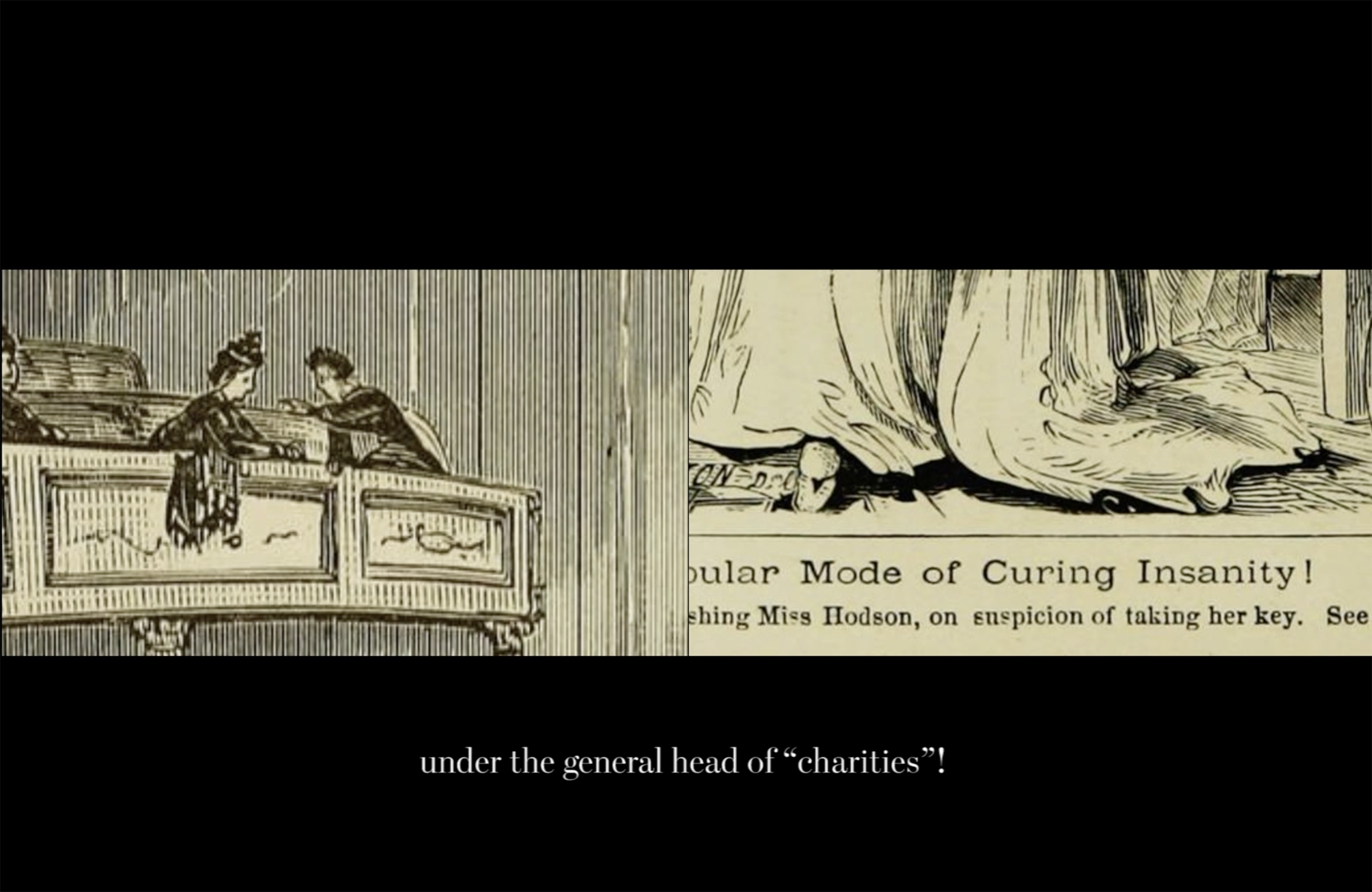
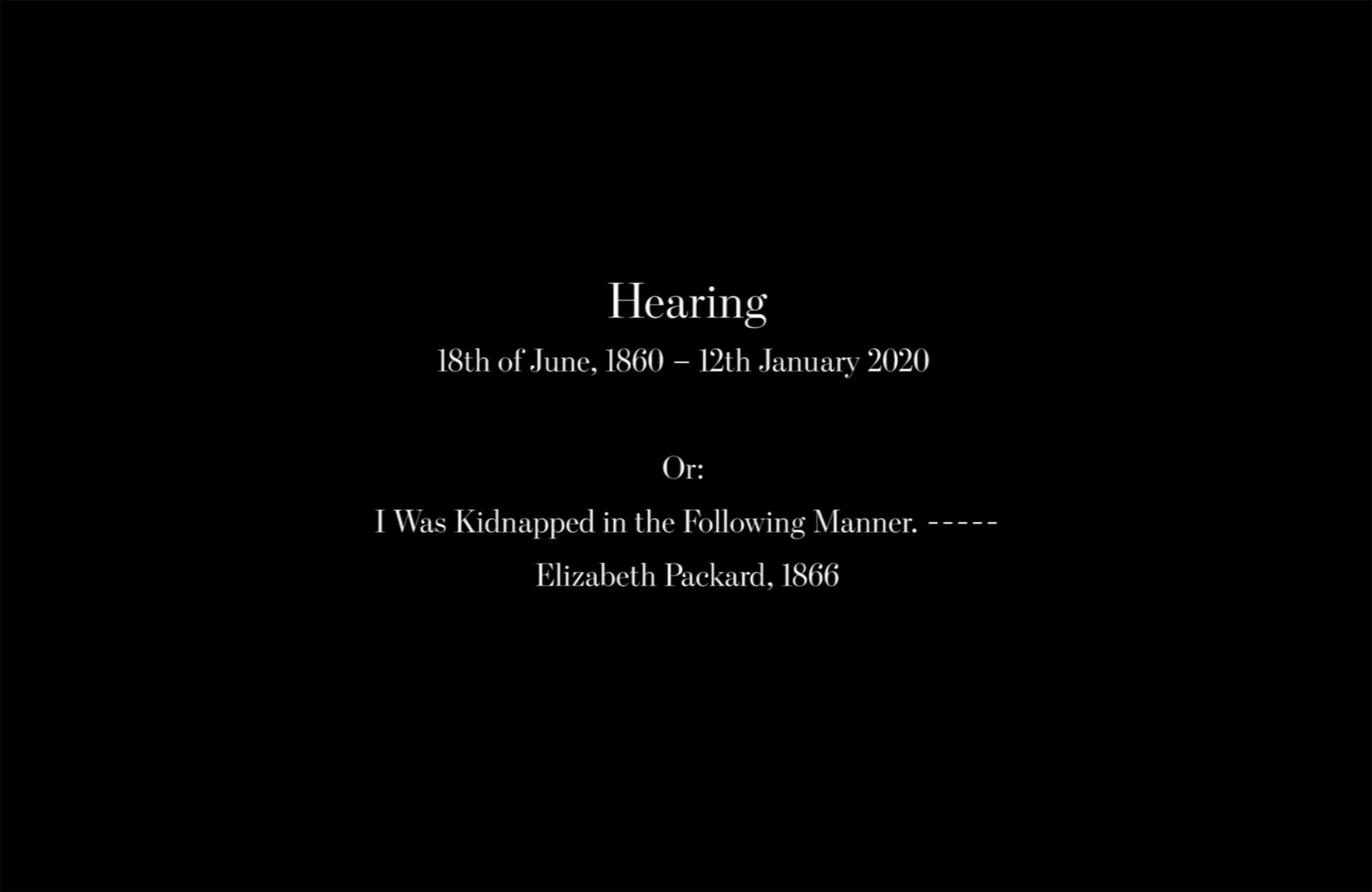
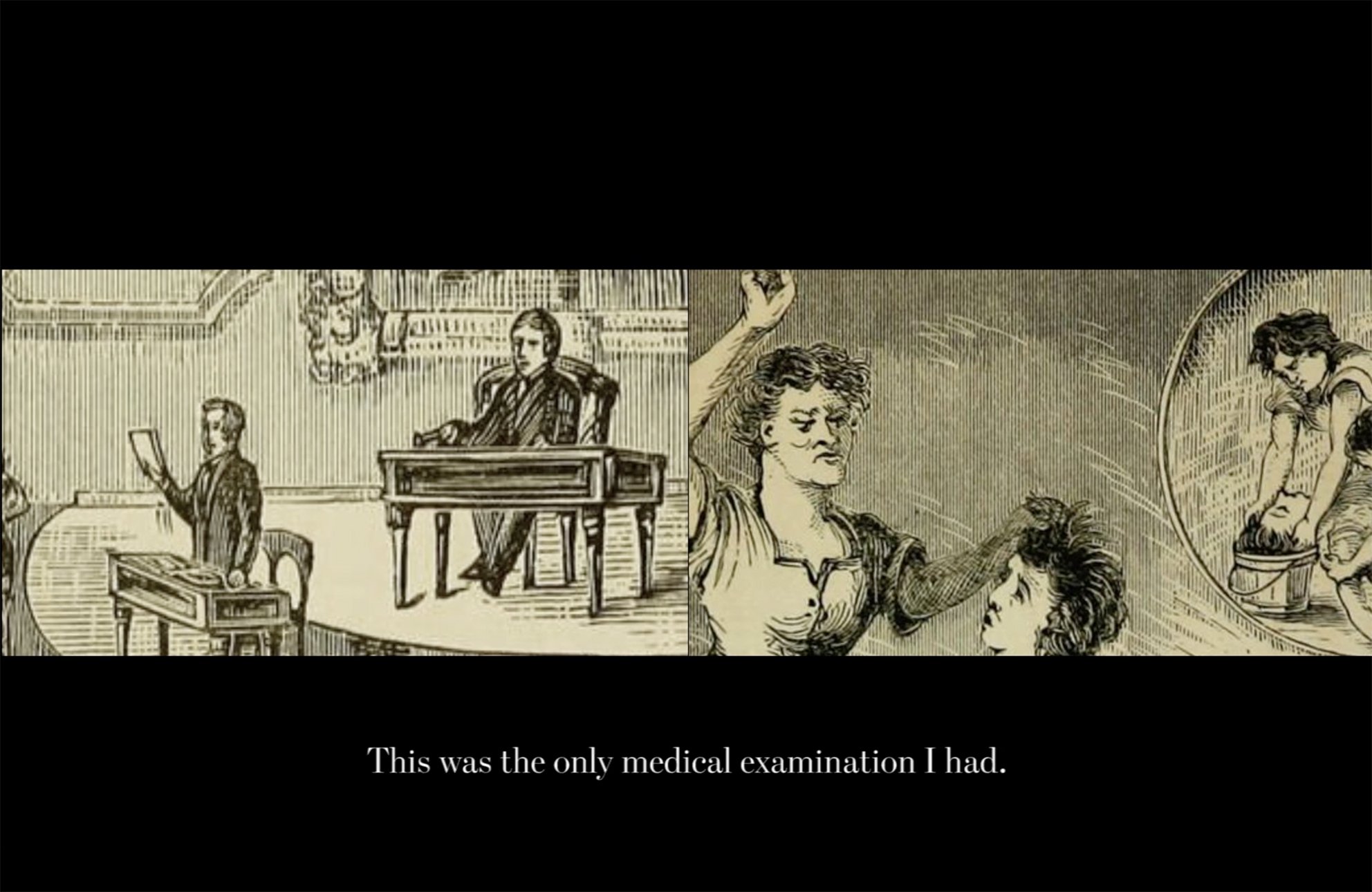
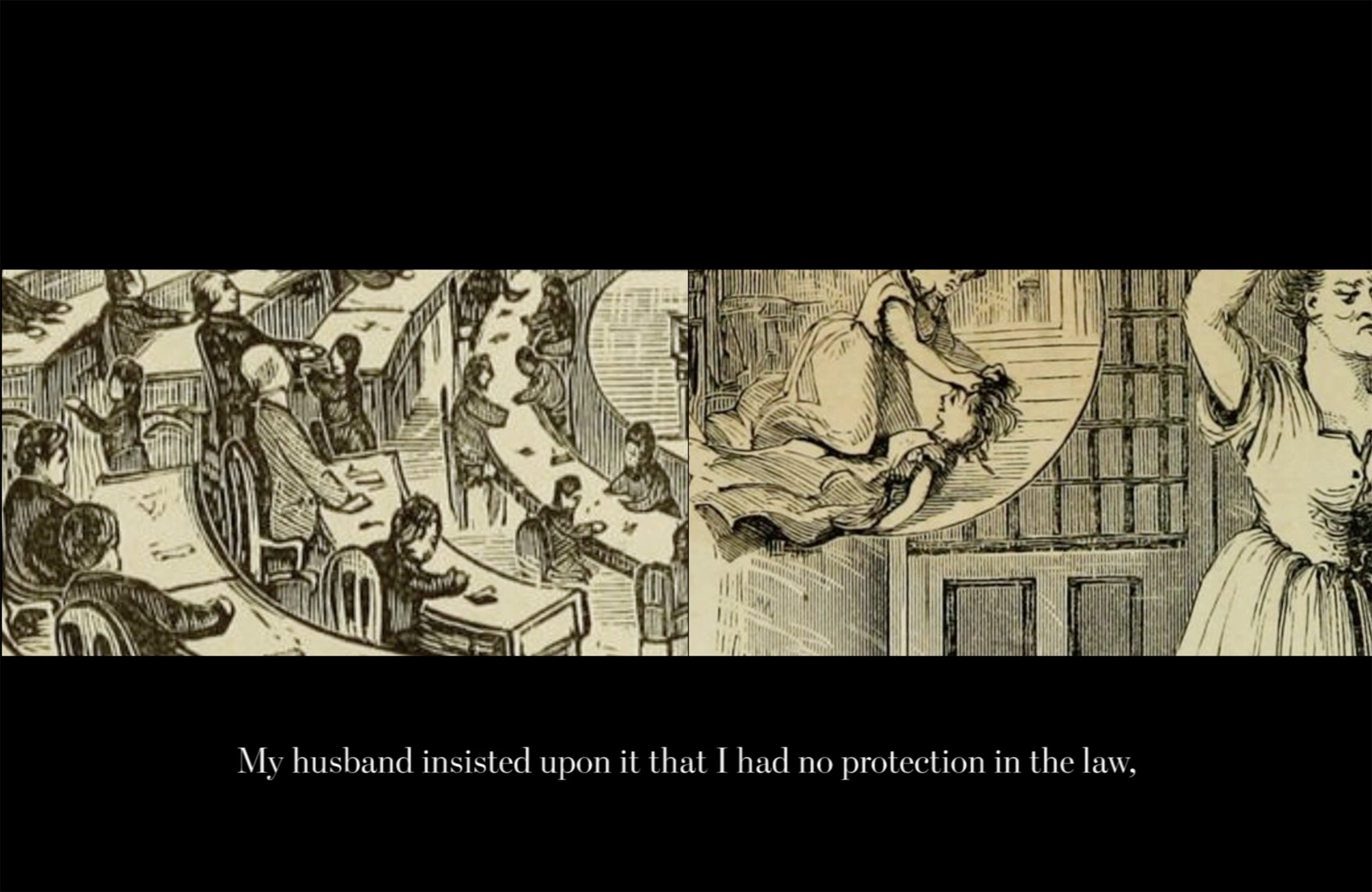
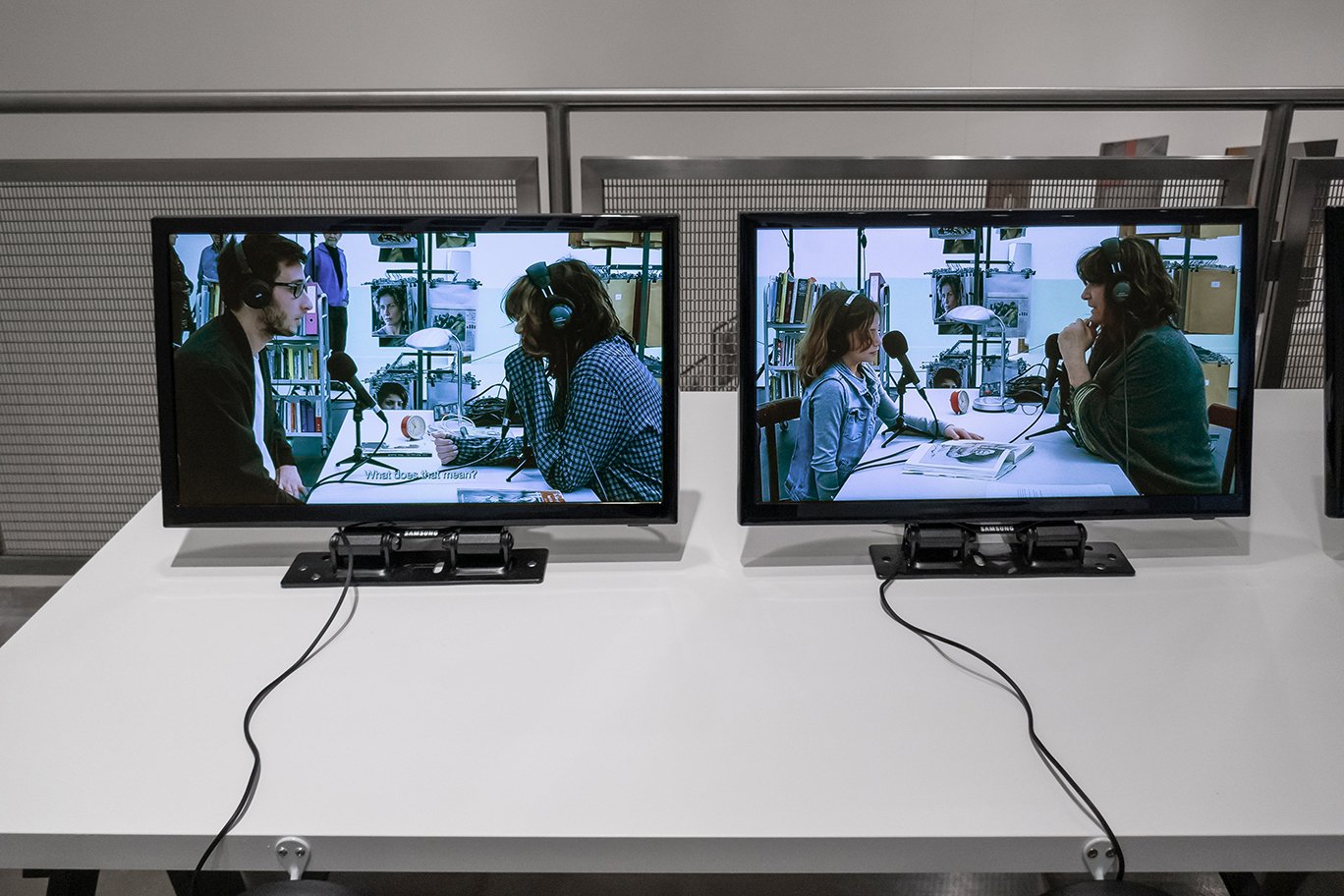
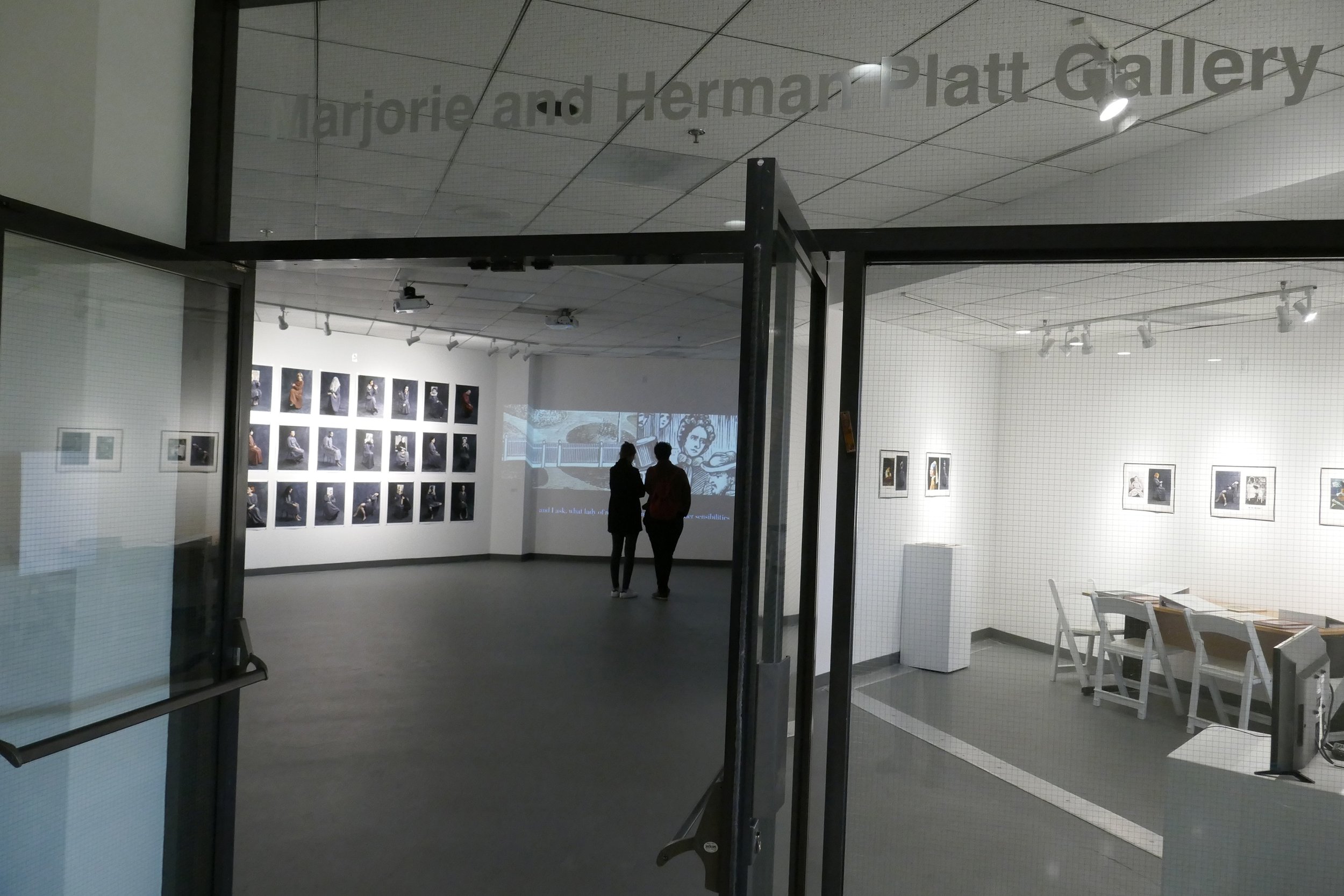
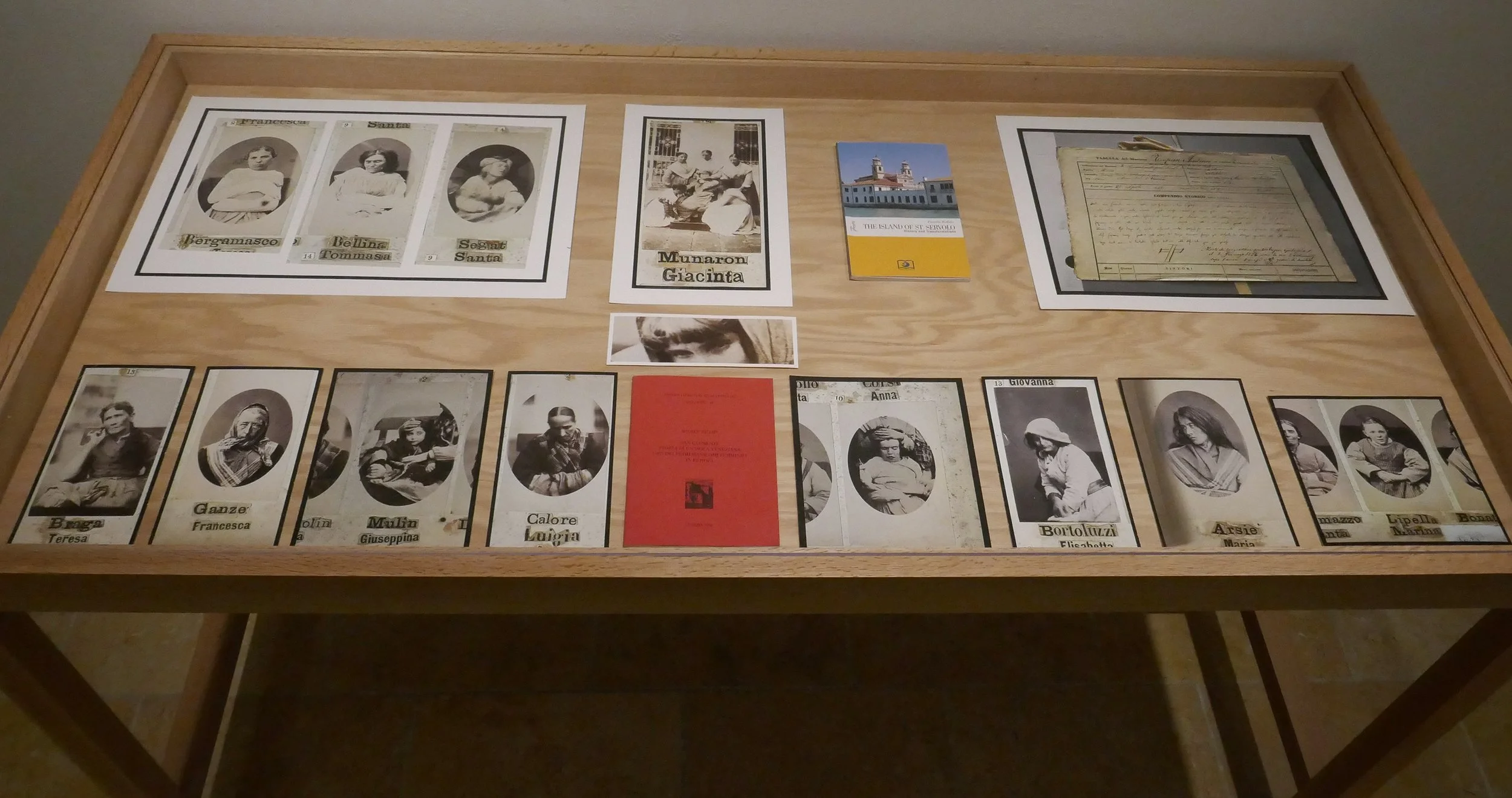
![R_Michal Heiman_Hearing_AJU_Los Angeles_January _2020_P1040139[34766].jpg](https://images.squarespace-cdn.com/content/v1/58d785a96a4963a07f1366ab/1692808141946-QNPSAR9DIDP2CK8HNQGI/R_Michal+Heiman_Hearing_AJU_Los+Angeles_January+_2020_P1040139%5B34766%5D.jpg)
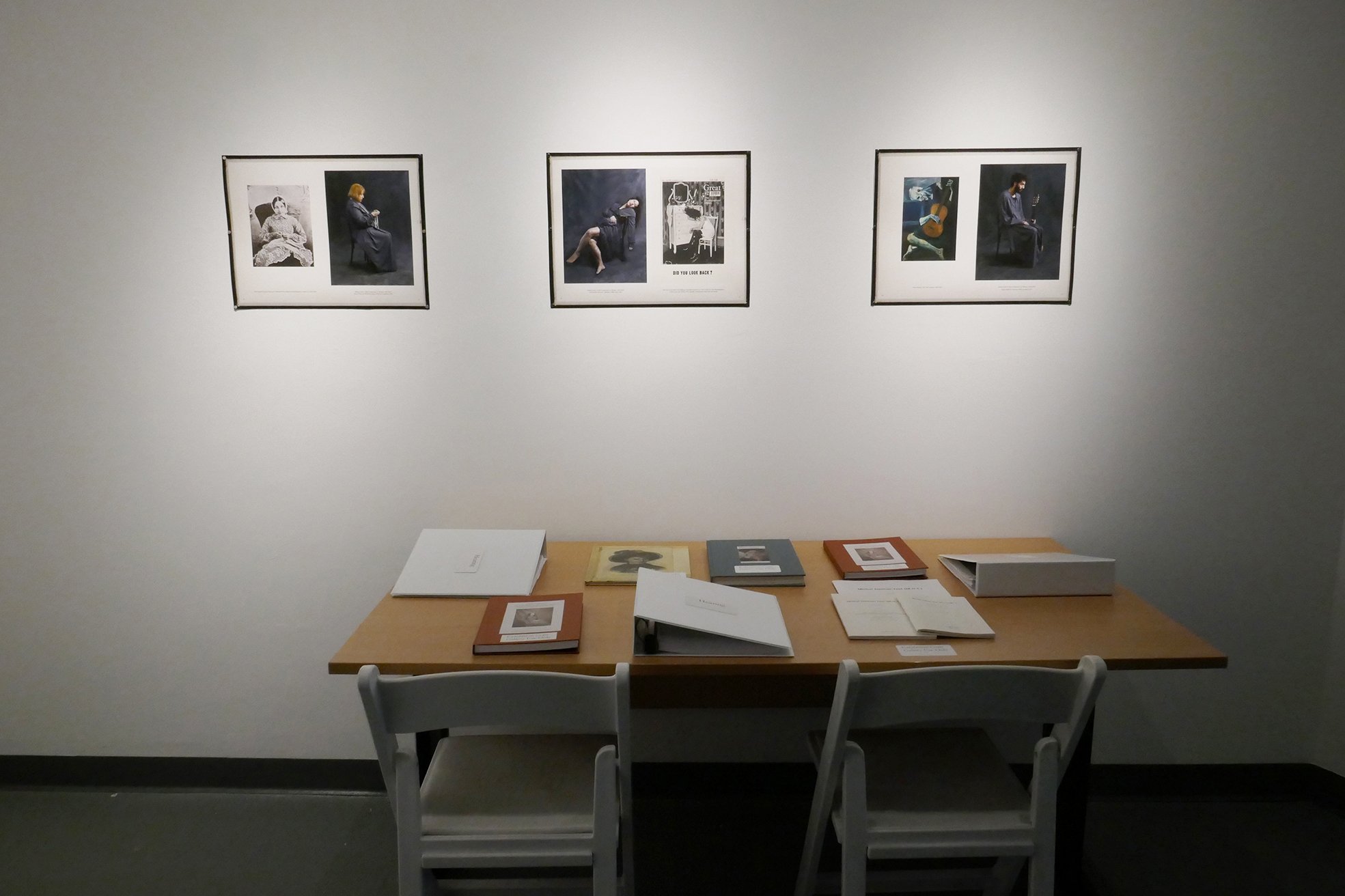
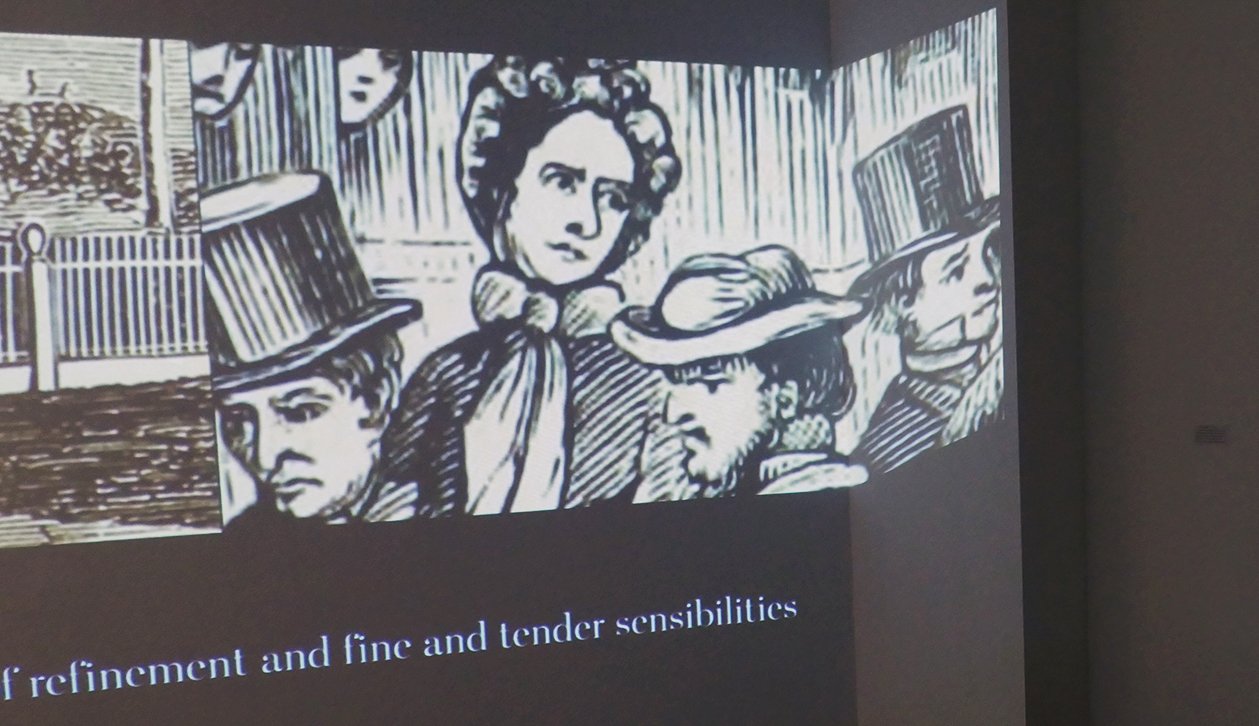
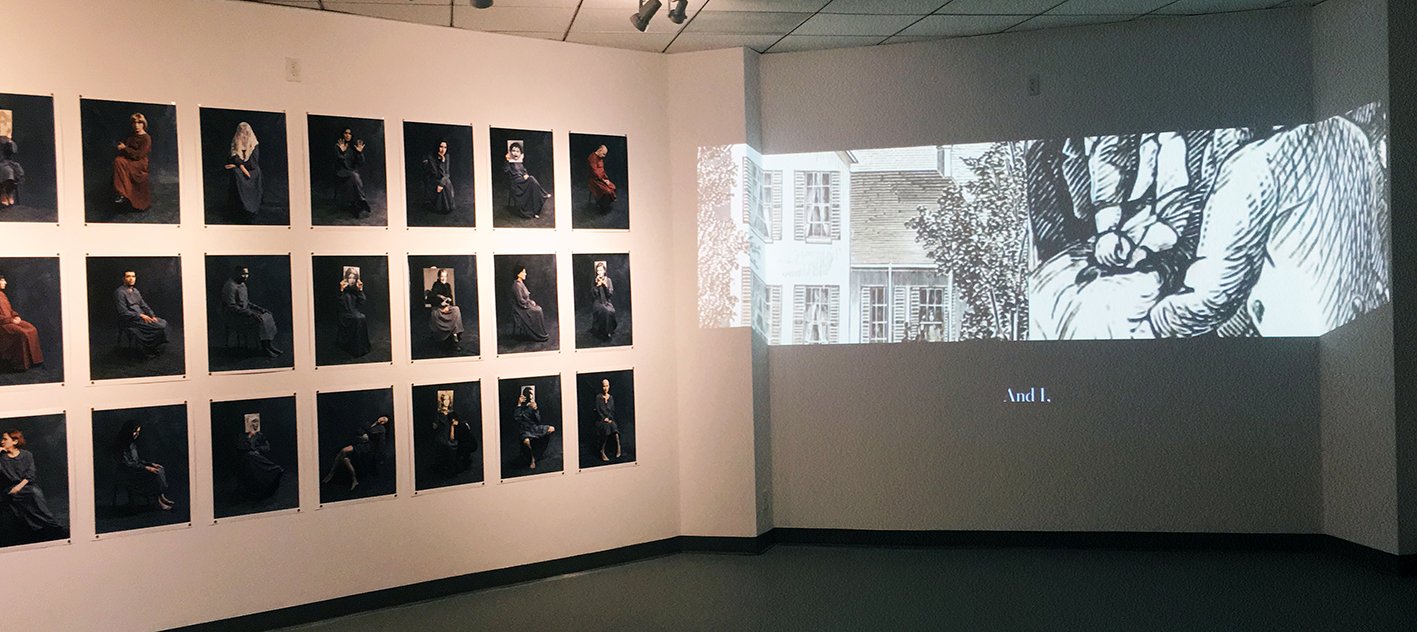
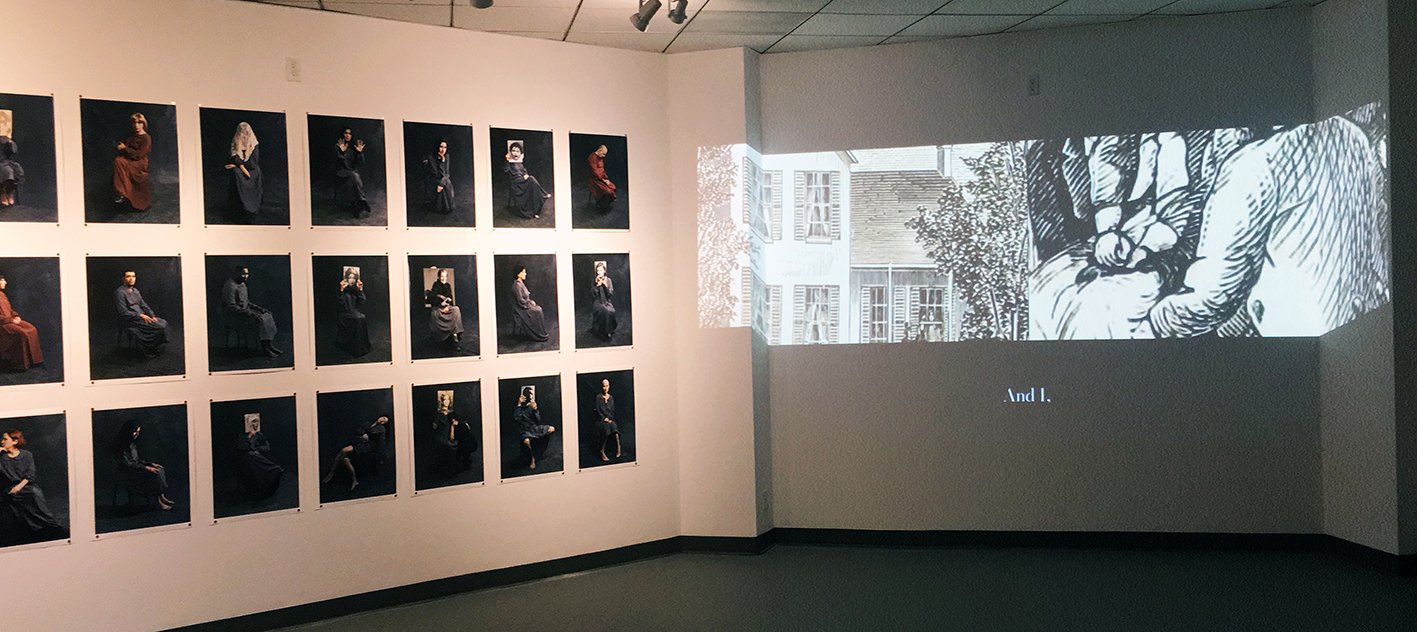
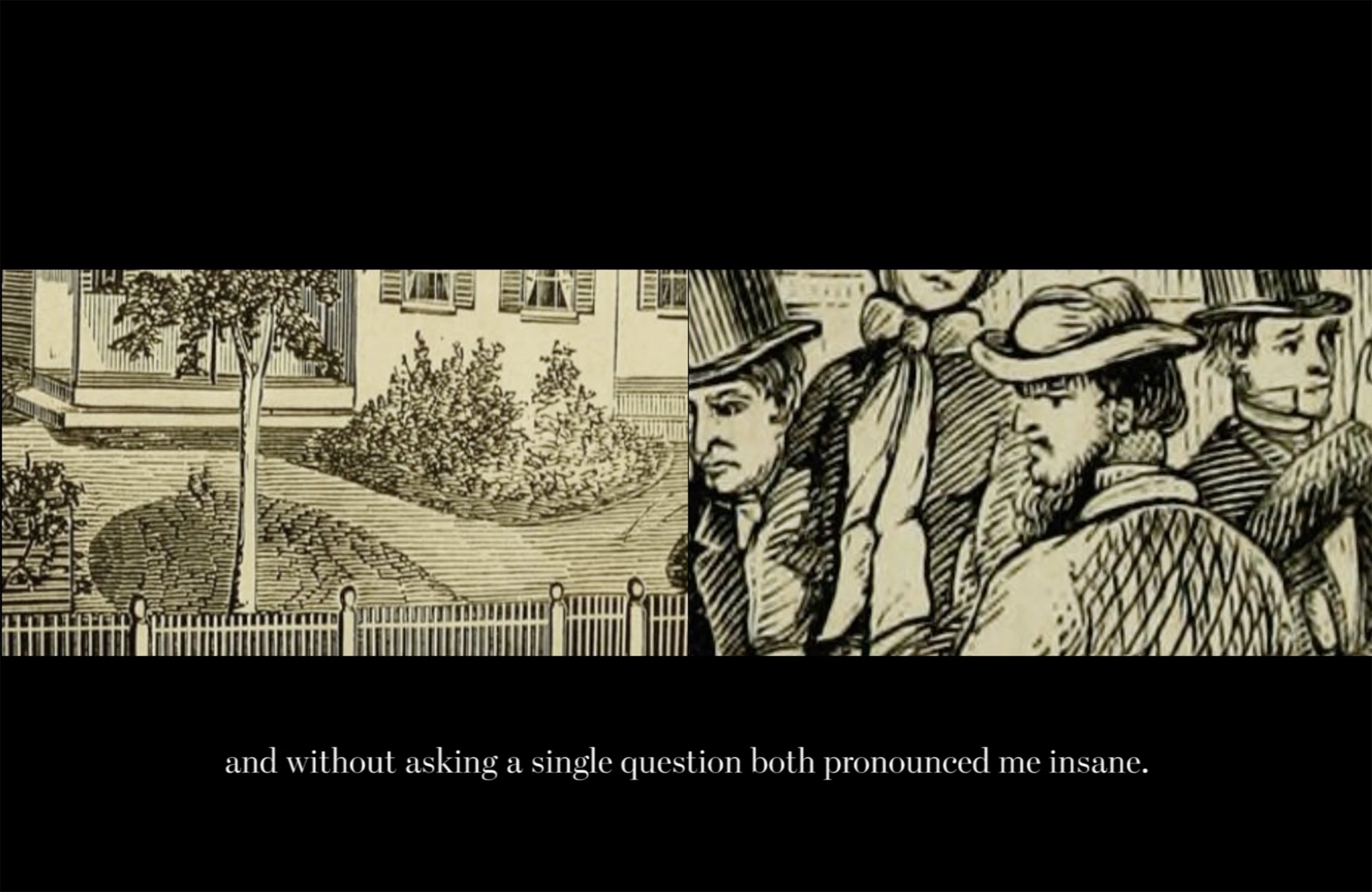
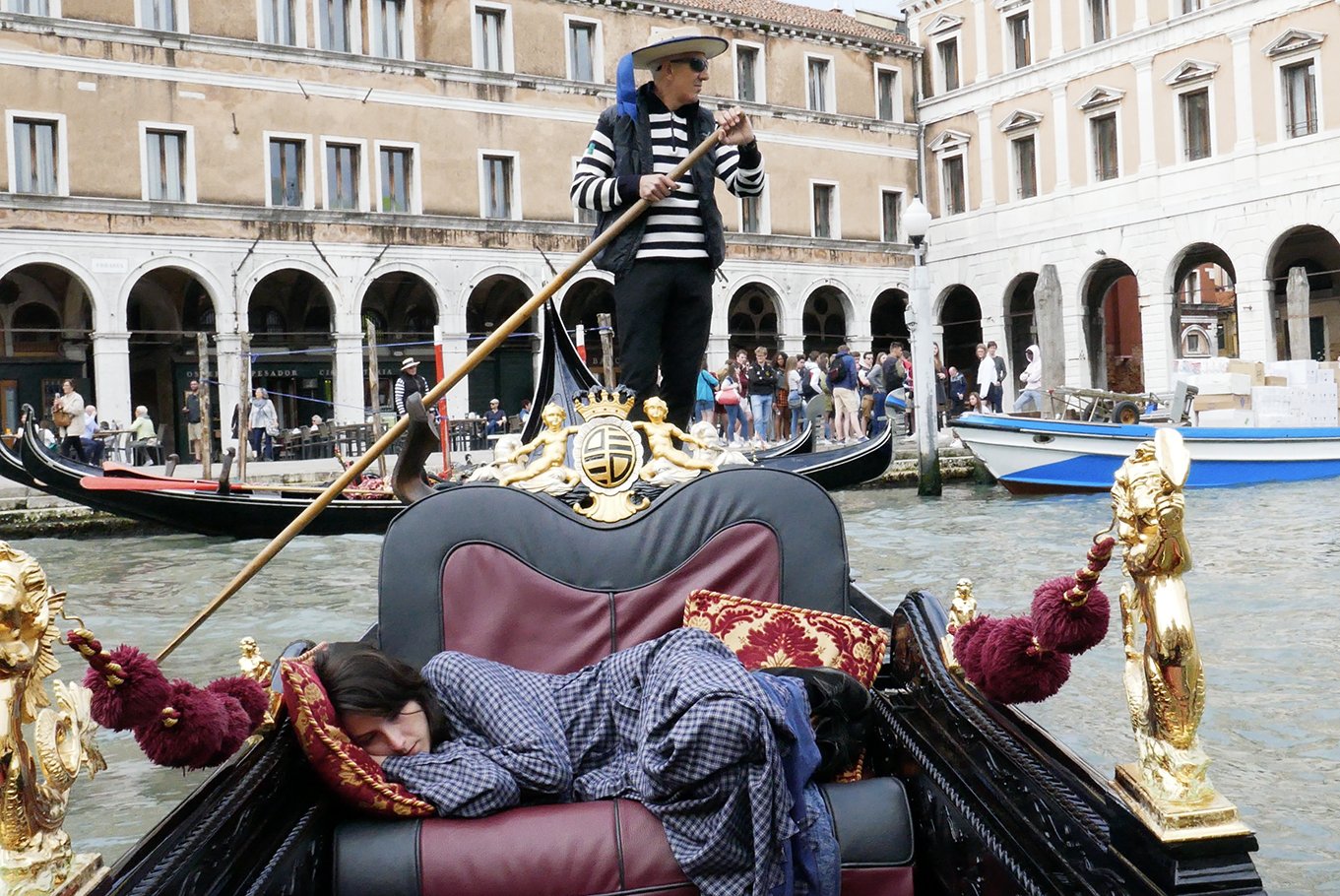
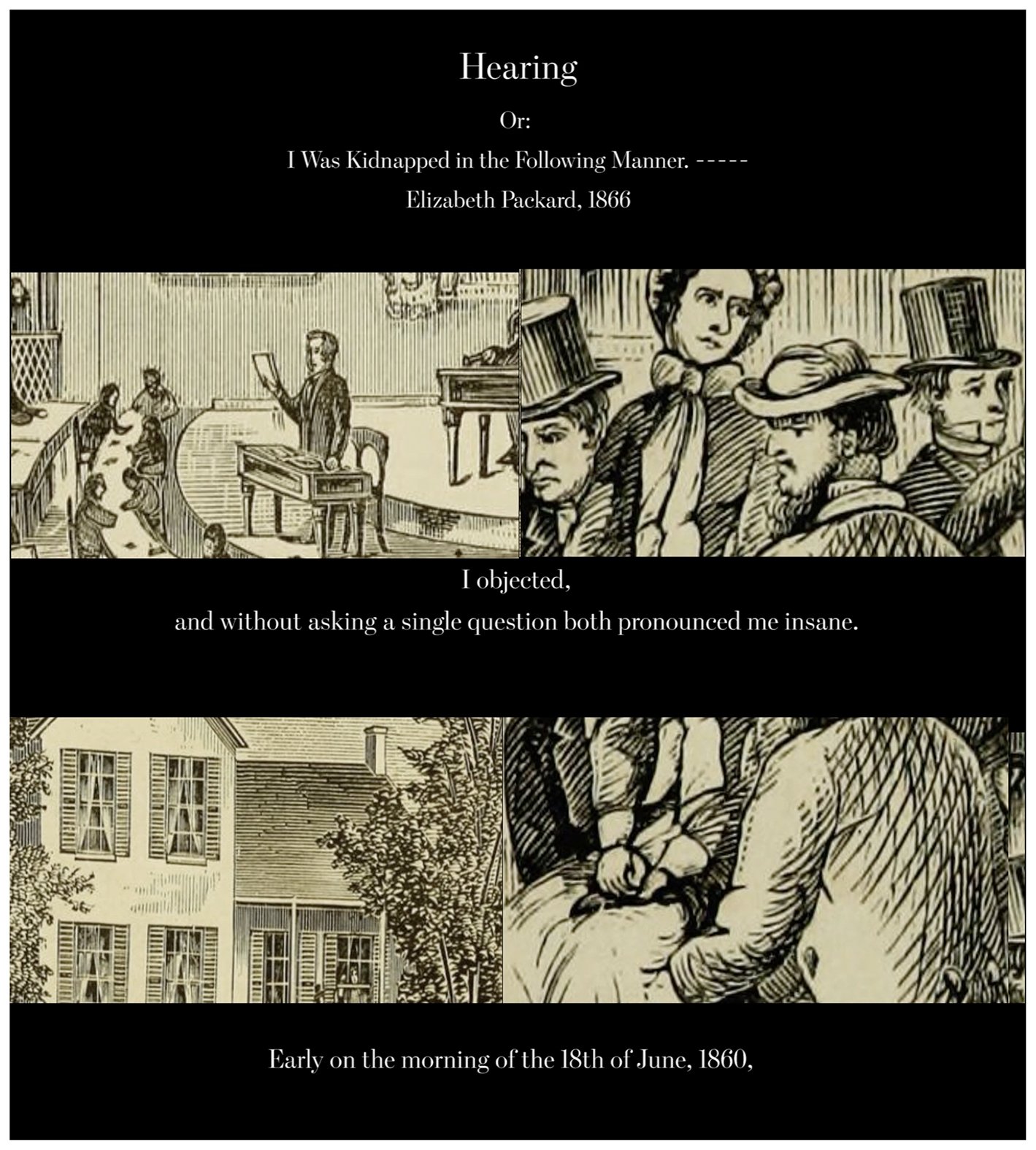
We live amidst crises of displacement and flows of refugees, intransigent nationalism, people moving across borders and identities, fleeing, moving ahead, going elsewhere, and yet wishing to return; always wishing to return. We live in a complicated and fraught period for women, one defined by racism, xenophobia, misogyny, and unrelenting borders
Hearing, my upcoming and first exhibition in the west coast, continues the project A New Community of Women, 1855-2020, which gives voice to histories of discarded, forgotten women, to those deprived of their lands, asylum seekers, survivors and rebels. It offers solidarity to an emergent community of women who were subjected and imprisoned at the Surrey County Asylum in London, and the San Servolo Asylum in Venice during the nineteenth century, as well as women in America, who documented in writing how they were denied rights over their bodies, properties, or children. Significantly, they were also denied of the right of hearing, of a just judicial process.
All of the writings I found on asylums since I began this research in 2012 have been written by men; 19th century doctors and psychiatrists, as well as 20th century theorists writing from the outside, reminding me of male European painters who painted nude women in Hammams they never visited. When I discovered testimonies written by women who experienced these horrors, I wanted to expose them. I discovered visual and written materials, such as the book written by Elizabeth Packard, which she began composing while incarcerated, and completed upon her release. I discovered that she was a well-educated woman who was forcibly committed by her husband for three years in 1860 at the Illinois State Hospital, since she relentlessly vocalized her opinions on religion and other subjects. Packard earned her freedom by appearing in court to defend her own sanity, something which as far as I know is unprecedented.
I found that Nellie Bly demonstrated incredible bravery, given her social status as a woman in 19th century New York. In 1887, at the age of twenty-three, she went undercover in Blackwell’s Island asylum in New York to expose the brutal abuses suffered by its patients, living for ten days alongside not only those declared insane, but also women who were wrongfully confined. She discovered that among these women were immigrants who did not speak English, as well as impoverished women. Communicating publicly their stories of neglect, she pioneered a path for women in print media and championed what would later become serious investigative journalism.
In 1890, ten years after her release, Clarissa Caldwell Lathrop published the book A Secret Institution, in which she recounted her experience in the Utica Asylum in New York, where she was committed after her mother believed she was suffering from delusions. After twenty-three months, with the help of a lawyer who was previously forcibly committed like her, she was pronounced sane and unlawfully incarcerated.
Through pre-enactments, strategies of intervention and the use of archival materials, critical theory, psychoanalysis, photographs, films, and sound work, in this exhibition I will focus on these women, presenting their groundbreaking acts in a new light.
Rotem Rozental
An Israeli photo-historian, curator and writer residing in Los Angeles with her family, Rotem Rozental explores the intersections of cultural technologies, institutional archives and civic identities. Since 2017, Rotem has been serving as the Chief Curator of the American Jewish University, where she is also the Assistant Dean of the Whizin Center for Continuing Education and the Director of The Institute for Jewish Creativity.
In 2019, she completed her Dissertation, titled Photographic Archives, Nationalism and the Foundation of the Jewish State, 1903-1948. In 2015-2016, Rotem was the Dr. Sophie Bookhalter Research Fellow in Jewish Culture at the Center for Jewish History. Her academic research inspires various projects, among them the exhibition Dead Lands: Karkaot Mawat, winner of the NurtureART curatorial call (April-May 2016), and the essay, “Under Dor Guez’s Bed: Scenes from the Christian Palestinian Archive,” published in Photographies 9.1 (Spring 2016).
Her writings and scholarly texts appeared in publications such as Artforum.com, Philosophy of Photography and Tablet.com. International curatorial projects include Launch Sites L.A.: Ezra Orion Revisited (in collaboration with the Israeli Center for Digital Art, L.A., 2017), Broken Cisterns: Eliyahu Fatal (Eli Petel) (co-curated with Leah Abir, L.A., 2018), and We – Festi-Conference for Creative Collectives (2012-2013, Jerusalem).